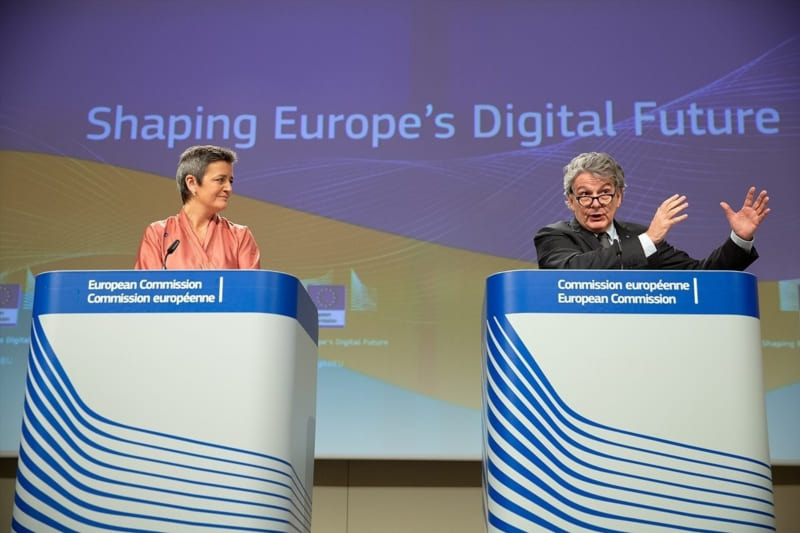Hyperlinking: The Cornerstone of the Digital Age
Hyperlinking, a cornerstone of the digital age, has become an integral aspect of our online experience. Think about it; when was the last time you navigated a web page without clicking on a link that redirected you to another source or page?
This digital tool, though invaluable, has also sparked numerous legal battles, specifically related to libel claims. But in 2011, a landmark judgment changed the dynamics of how we view hyperlinks in the context of libel.
A Quick Dive into Hyperlinking
Hyperlinking, at its core, connects diverse digital content, creating a web of interconnected information. Imagine a massive spider’s web, each strand representing a piece of content and the dewdrops being the hyperlinks. They’re so omnipresent that we hardly give them a second thought, but their legal implications can’t be ignored.
2011: A Pivotal Year for Digital Rights

Back in 2011, a significant debate raged in legal and tech circles: Could hyperlinking to potentially libelous content be seen as endorsing that content? It was a gray area that demanded clarity.
Let’s say Jane wrote a blog post accusing John of theft. Paul, unaware of the truth, hyperlinks to Jane’s post in his article discussing theft cases. Is Paul guilty of libel by association?
The Case That Changed It All
The 2011 case brought this issue to the forefront. Without getting bogged down in the nitty-gritty, the crux was this: One party hyperlinked to content that another party found libelous. The offended party sued, not just the original content creator, but also the person who hyperlinked.
Sounds messy, right? It was. But the Supreme Court’s decision was clear: Hyperlinking, in and of itself, does not equate to endorsing or republishing content.
Why This Verdict Mattered
This verdict was a breath of fresh air for bloggers, journalists, and digital enthusiasts. Here’s why:
- Freedom of Expression: This decision championed the cause of freedom of expression. After all, if you’re merely pointing out a resource, it shouldn’t mean you’re endorsing its view.
- Information Sharing: The internet thrives on shared information. Penalizing hyperlinks would have been a step back, stifling the free flow of information.
- Clarity in Law: With this clear stand, ambiguities related to hyperlinking and libel claims were finally laid to rest.
The Ripple Effects of the Judgment
Many anticipated this judgment to have a cascading effect, and they weren’t wrong! Digital rights activists worldwide hailed this decision, citing it as a precedent in their local battles. It wasn’t just a win for one case but a beacon for similar cases across the globe.
The Modern Implications of Hyperlinking
Fast forward to today, and the 2011 verdict still holds weight. But with the rise of fake news and disinformation campaigns, should there be more accountability?
It’s food for thought, isn’t it? While the 2011 verdict addressed the immediate concerns of the digital world, the rapid pace of technological advancements requires continuous revisiting and updating of existing laws.
Hyperlinking: A Double-Edged Sword?
Today, there’s a growing call for increased accountability. Hyperlinks, though benign in nature, can spread misinformation like wildfire. The question then arises: Should there be more stringent regulations surrounding their use?
On one hand, it’s essential to protect the essence of a free internet. But on the other, there’s a responsibility to prevent the unchecked spread of false information. It’s a fine line to tread, and future legal battles are bound to shape its direction.
The Takeaway from the 2011 Verdict
The Supreme Court’s 2011 decision was more than just a ruling on a specific case. It was an acknowledgment of the digital era’s nuances. In essence, it was a statement that while the law would adapt to the times, the core values of freedom of expression and information would remain unshaken.
Hyperlinking, while a simple tool, plays a pivotal role in our digital experience. And while the legal landscape may continue to evolve, one thing’s for sure: The 2011 verdict will be referenced for years to come, guiding the path forward.
Source: Wikipedia on Hyperlinking
Note: The hypothetical example of Jane, John, and Paul is a fictional representation used for illustrative purposes.






